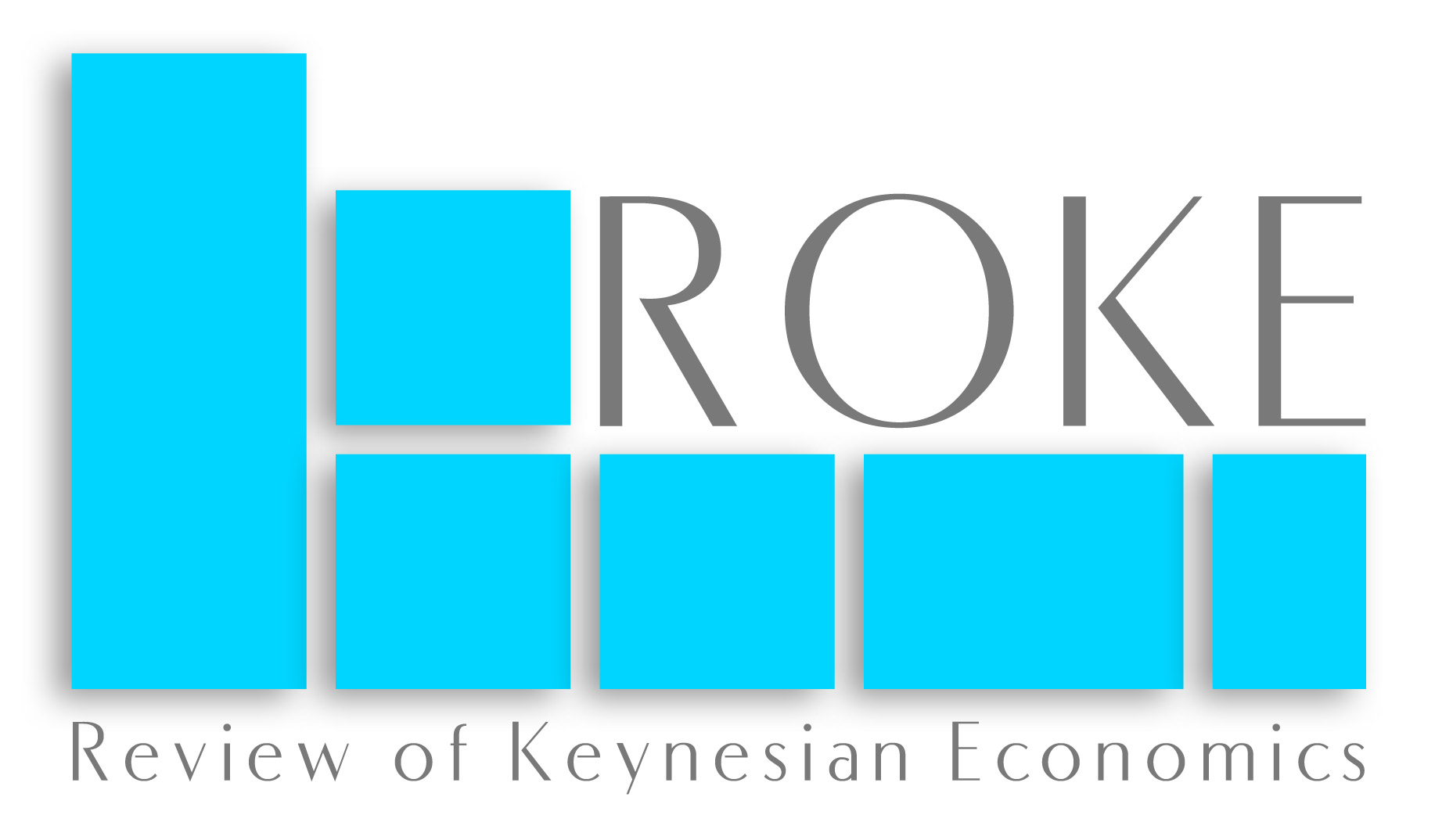
In light of increased unemployment, the absence of strong economic growth and the threat of deflation in many countries, the recent financial crisis led many to expect a shift in monetary policy. Central banks were at the forefront of these changes, by shunning ‘conventional’ policies in favour of so-called unconventional ones. After experimenting with Quantitative Easing, a number of countries have recently officially adopted negative interest rates in the hope of reviving their moribund economies. Today, the Swiss National Bank, the Bank of Japan, the Bank of Sweden and others, have all gone negative.
However, nearly two years after Switzerland adopted the policy in January 2015, there are questions regarding its success, and overall consequences on economic activity. At the empirical level, negative rates did not increase bank lending and has even generated unexpected and perverse effects. At the theoretical level, questions remain regarding the neoclassical/money multiplier model upon which such policies are based.
Finally, on the epistemological level, many questions arise: what monetary policy? What should be its objectives, means, instruments? What are the challenges that monetary policy must now face?
At the heart of this policy debate is the insistence of using monetary policy to stimulate growth, as opposed to the use of fiscal policy. It begs the question of whether monetary policy is still the most relevant policy to use in periods of slow economic growth, or secular stagnation-type conditions.
This special issue aims to make a major scientific contribution to the conduct of monetary policies of negative interest rates. Proposals can be very diverse in nature (empirical, theoretical, epistemological) and from various theoretical backgrounds. The purpose is to encourage discussion on a very important policy question.
The issue will be co-edited by Louis-Philippe Rochon and Guillaume Vallet. Please note the following deadlines:
Deadline for submitting an abstract: February 1, 2017.
Deadline for submitting the final paper is September 1, 2017.
All papers will be subject to a double-blind peer-review.
Please send us a prior email to let us know your intent on submitting a paper.
All correspondence should be addressed to Lprochon2003@Yahoo.com or to
guillaume.vallet@univ-grenoble-alpes.fr
Finally, on the epistemological level, many questions arise: what monetary policy? What should be its objectives, means, instruments? What are the challenges that monetary policy must now face?
At the heart of this policy debate is the insistence of using monetary policy to stimulate growth, as opposed to the use of fiscal policy. It begs the question of whether monetary policy is still the most relevant policy to use in periods of slow economic growth, or secular stagnation-type conditions.
This special issue aims to make a major scientific contribution to the conduct of monetary policies of negative interest rates. Proposals can be very diverse in nature (empirical, theoretical, epistemological) and from various theoretical backgrounds. The purpose is to encourage discussion on a very important policy question.
The issue will be co-edited by Louis-Philippe Rochon and Guillaume Vallet. Please note the following deadlines:
Deadline for submitting an abstract: February 1, 2017.
Deadline for submitting the final paper is September 1, 2017.
All papers will be subject to a double-blind peer-review.
Please send us a prior email to let us know your intent on submitting a paper.
All correspondence should be addressed to Lprochon2003@Yahoo.com or to
guillaume.vallet@univ-grenoble-alpes.fr
